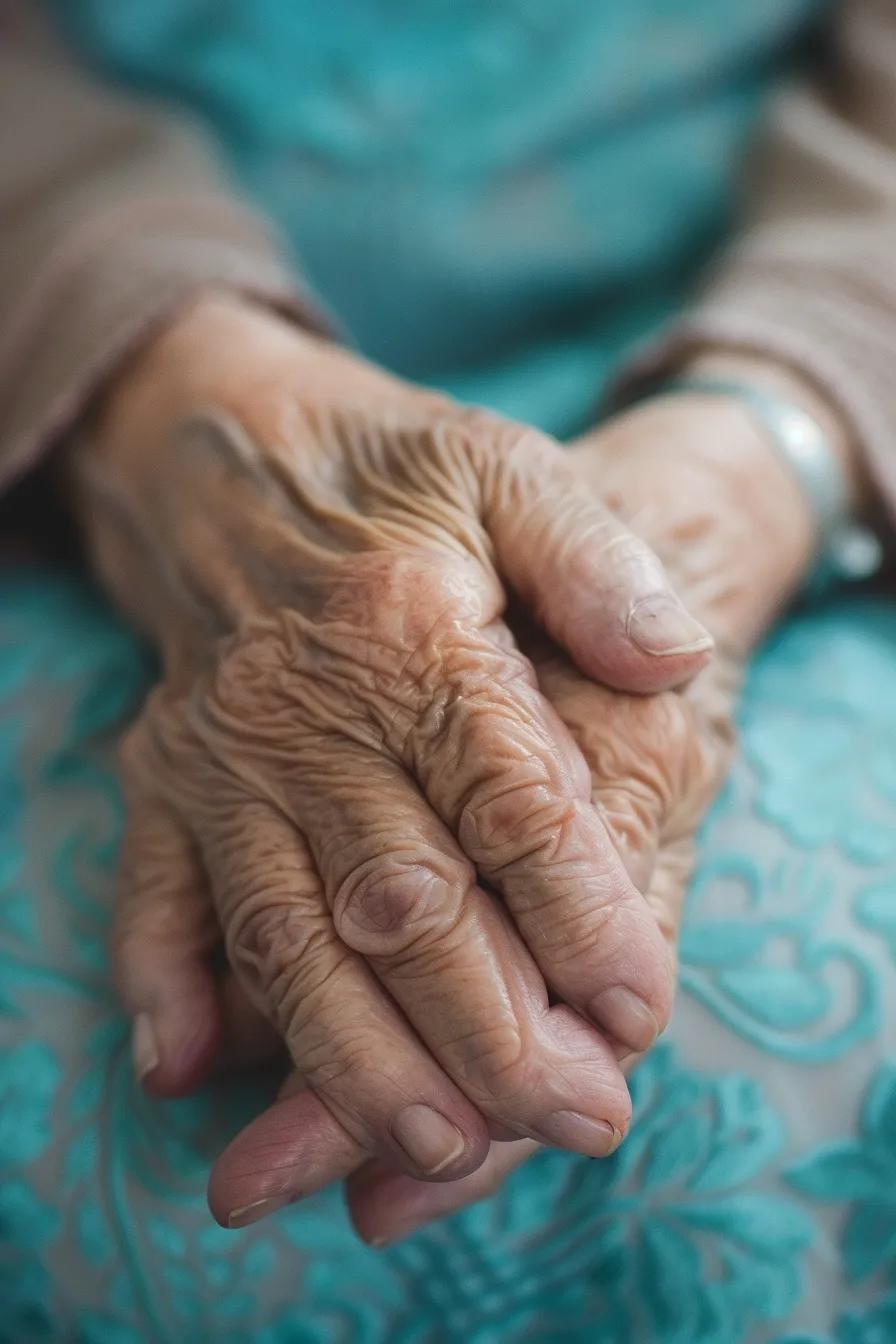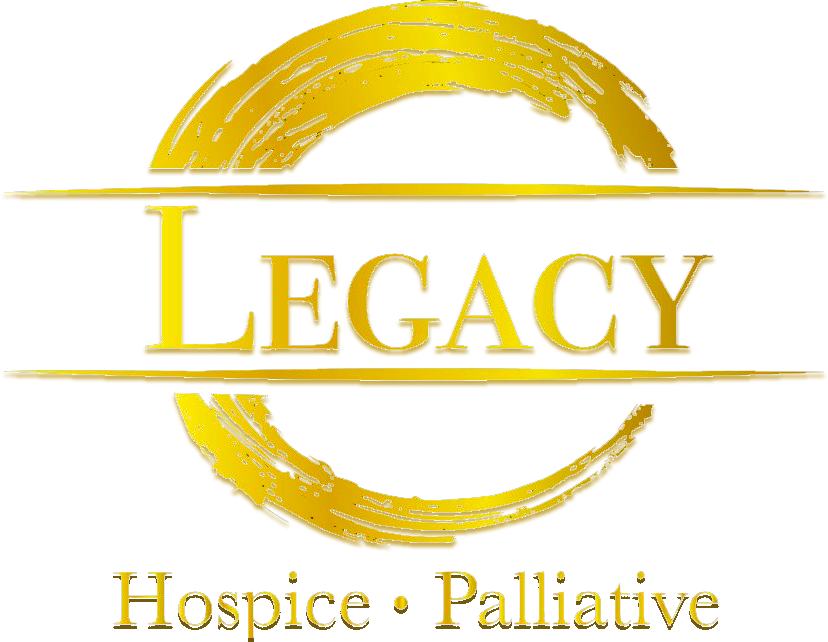We all walk through life differently; different beliefs, perspectives, dreams, goals, journeys, and endings. While there is no right or wrong way to live your life, there is a way to live things your own way. Unfortunately, only a few people get the ending they wished for. Palliative care aims to help people ride through the sunset of their lives by integrating the mind, body, and spirit through holistic end-of-life care.
What exactly is a holistic approach in palliative care? How can it give people the care they need and want as they approach the twilight of their lives? Here is everything you need to know about holistic approaches to palliative care.
Palliative Care: A Quick Overview
In medicine, holism is a form of treatment that considers all aspects of the patient’s life regarding their health condition. It includes their mental health and social needs rather than just the illness and its symptoms. These different aspects of the patient’s needs are interwoven and dependent on each other. Thus, holistic care aims to address all of these areas of a patient’s life to provide the best quality of life.
The holistic palliative care approach focuses on the whole person, not just their health condition. It provides personalized care that caters for the patient’s nutritional, physical, emotional, and mental health. Moreover, it provides a comprehensive support system for each individual, particularly spiritual support. It ensures they stay connected with their loved ones, specifically their family and friends, as much as possible.
Attitudes And Principles Of A Holistic Approach
Since palliative care is personalized to the patient’s exact needs, care providers consider the individuality of their patients and address their needs with a caring attitude. It means having compassion, empathy, and sensitivity to their condition.
Moreover, the holistic approach considers the patient’s cultural considerations and ethical, cultural, racial, and religious beliefs.
More importantly, care providers ask for the patient’s consent before giving care, treatment, or therapy.

The Four Pillars Of The Holistic Approach To Palliative Care For Physical Needs
For Physical Needs
As with most medical interventions, physical needs play a massive role in the holistic care approach. By addressing, be it treating pain or managing the symptoms of the ailments, care providers can make their patients’ lives easier by providing a comfortable day-to-day life.
Care in this aspect includes medications, physical therapy, managing diet, and physical exercise. It is where the multidisciplinary background of care providers gets into the picture – they can implement and incorporate various approaches to address the physical needs of their patients. It can include massages, acupuncture, or any treatments that can improve the physical and psychological well-being of the patient.
Moreover, palliative care is tailored to the stage of the condition and prognosis of the patient’s health.
For Emotional Needs
Emotional or psychological needs are another key issue in maintaining good overall health. Problems like anxiety, depression, or mood disorders are common among people suffering from chronic conditions or those approaching the end of their lives.
The tricky thing about addressing emotional needs is that if one aspect isn’t adequately met, the motivation to go through treatments can become harder. This is true in end-of-life care; many people with chronic conditions start to give up, as they see no point in going through physically demanding and mentally exhausting therapies and treatments.
Also, it is essential to note that the psychological and emotional issues that palliative care addresses aren’t necessarily diagnosable disorders. Problems like despair, loneliness, difficulty concentrating, and trouble sleeping can all affect the mood of the patients. And this can carry over into their daily lives, affecting their daily tasks and events. These problems are detrimental to their basic bodily processes, such as sleeping, eating, and even breathing. Care providers help meet the psychological needs of the patients to improve their physical comfort and emotional health.
For Social Needs
As social creatures, humans long for companionship, community, and a sense of belongingness. Palliative care meets the patient’s social needs, whether physical or psychological. They get to live the remaining days happily and in peace.
Patients with chronic conditions, specifically those who have stopped their treatment, are experiencing multiple complications, or are near the end of their lives, often experience social distress due to their condition. The network of loved ones, particularly family and friends, addresses these issues by providing a compassionate environment. Therapies, support groups, and community activities can ease the feeling of isolation and loneliness.
With a robust social network, patients can get a sense of relief while their loved ones can get the closure they need.
For Spiritual Needs
Many people turn to religion and spiritualism when approaching the twilight of their lives. Palliative care provides that by helping patients find meaning and understanding in life.
Spiritual concerns are often harder to deal with than physical, emotional, and social issues. Physical and social needs can be easily recognizable since you can see them manifest. Spiritual needs, on the other hand, can be hard to spot.
The pain rooted in ignoring spiritual needs can impact a patient’s life. The tricky thing about this is that it can also vary from one person to another. Some long for forgiveness, some seek closure, and others struggle to find purpose as their life draws to a close. The holistic approach of palliative care is personalized to the exact needs and preferences of the individual. Whether it’s accompanying patients to attend worship services, reading and sharing the scripture, talking to a minister, etc.
The goal is to help patients move forward and find comfort and peace in their hearts and minds.
Meeting The Patient’s End-of-Life Wishes
Another essential aspect of palliative care is meeting the end-of-life demands of their patients. Indeed, conversations about death are always tricky. The good thing about care providers is they are trained to help their patients establish their preferred conditions for their death, such as their place of death. Patients can decide to spend the remaining days of their lives in their homes, hospice centers, or even the hospital of their choice. It is incredibly beneficial for the sense of peace of patients.
Moreover, patients can also choose their end-of-life processes, such as making their last wishes known.
Holistic Care Makes The Remaining Days Worth Living
As said earlier, palliative care aims to provide the best quality of life for people near the end of their lives. It strives to provide a comfortable end of life with a sense of peace. It aims to make the last few days of a person’s life worth living.
There has been a critical error on this website.






